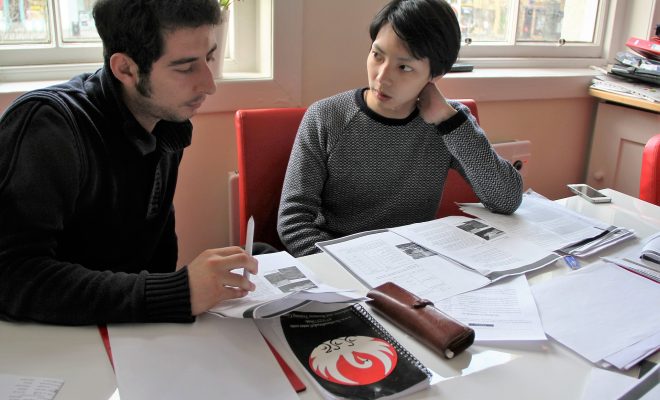Pass or Fail: Is the Academic Cost Worth It?

In this multi-part series, I provide a dissection of the phenomenon of retention and social promotion. Also, I describe the many different methods that would improve student instruction in classrooms and eliminate the need for retention and social promotion if combined effectively.
While reading this series, periodically ask yourself this question: Why are educators, parents and the American public complicit in a practice that does demonstrable harm to children and the competitive future of the country?
Do the ends justify the means in terms of social promotion and retention practices? How do these policies impact the academic career of a child who is retained or promoted without having achieved the required grade level knowledge and skill?
The most obvious cost for socially promoted or retained students are inevitably academic in nature. While data on the effects upon students’ long-term academic performance are not conclusive (primarily because they are not consistent) there’s enough evidence to suggest that most socially promoted students find that their long-term academic potential is significantly undermined. For retained students, the results are the same, yet the explanation is different.
Let’s Look at Retention First…
Many retention policies require that students repeat a grade, occasionally even multiple times, until they meet certain academic standards. Though there’s no such thing as a universal retention policy, procedures are usually put into effect based on a student’s inability to achieve acceptable grades, or adequate scores on standardized exams. Whereas children with diagnosed special needs have an IEP developed to provide elements of specialized instruction, retained students often do not receive any specific support. Certainly, it is very rare for them to receive support that derives from data that pertains to their particular educational goals and provides insight into areas of learning deficit.
Numerous studies have demonstrated the negative effects of student retention on academic performance. The focus of these studies is wide ranging, from generalizations about why retention and promotion policies do not work, to specific studies and reviews of why these policies do not work for certain groups of students. Some studies have considered achievement results in kindergarten and the impact of retention. Still others have tracked the test results of retained students beyond the year of their retention or have examined literacy results specifically, recognizing reading levels as fundamental to education.
Regarding academic costs, education authorities rarely report substantial academic gains for retained students. The National Association of School Psychologists (NASP) offered a position statement on retention that indicated the failure of retained students to do better than their promoted peers. Studies on the academic development of retained versus promoted students, found that negative effects specific to academic achievements were widespread. In other words, the academic cost of retention versus social promotion, is that students do not benefit from the policy of testing, with the intention of retaining or promoting based on the results.
Neither social promotion nor retention specifically helps enhance an individual’s academic standing or potential, and students in many cases are less successful academically after retention or social promotion. At best, any positive results (and there is a minimal amount reported) tend to be short-lived and outweighed by the negative effects of retention versus social promotion.
Retained students can also experience a negative bias or the disadvantage of preconceived notions among other teachers they encounter. As one researcher theorized, when a student is retained, it impacts the beliefs of teachers the student will encounter in his future educational career. Another researcher, suggests that neither social promotion nor retention is effective in solving the problem of providing appropriate instruction for low-performing students.
The retention of some students can lead to short-term achievement gains, immediately following retention. Retained adolescent students demonstrated increased academic achievement the year after they were retained, but these improvements proved to be short-lived. This suggests that retention can create false hopes for students after retention. A noted decline of positive effects in subsequent years, occasionally resulting in a second retention was common. The most striking academic cost, according to findings, is the erosion of enthusiasm for learning among retained students.
The truth is that the failure of our public education system to support students who do not achieve the graded standards by year’s end determines that a substantial population of public school students and future workers are essentially unprepared or underprepared for successful participation in the labor force. Of the 4 million high school dropouts in 1986, one in six were unemployed and many were not in the labor force at all because of the overwhelming competition from high school and college graduates. The correlation between retention and social promotion and high school dropout rates is something to keep in mind.
In essence, the failure to inspire individual students succeed in school means they are less productive overall for the remainder of their life. Less likely to pursue higher education opportunities, they are also more likely to be unemployed and will earn considerably less during their lifetime. Our education system is failing itself by producing individuals who are unable to contribute and thrive within society.
Again, do the costs of social promotion and retention really outnumber the benefits? Are the brief advantages worth the potential for long-term, life-altering academic failure?






